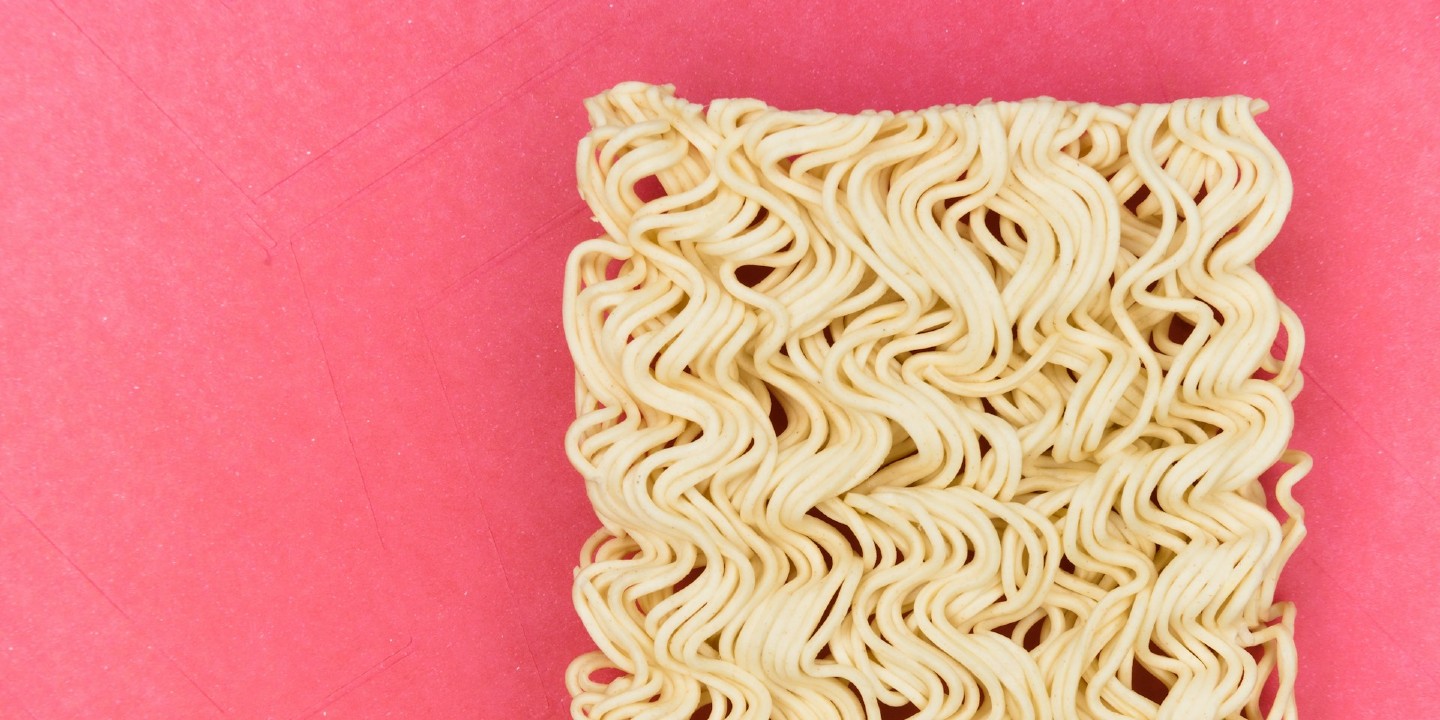Healthy Summer Fruits
From watermelon to plums and passion fruit, there's no shortage of delicious summer fruits to enjoy when the weather is blisteringly hot. The best part? Not only are they refreshing, but they also offer numerous health benefits, given all the nutrition they pack. Wondering which ones you should be reaching for? Here are 20 summer fruits you should be eating for your health.
1. Watermelon
Comprising 92% water, this melon is ideal for staying hydrated on blistering summer days. Not only that, but it's rich in vitamin A, vitamin C, beta-carotene, and lycopene—the latter of which is what gives this fruit its distinct red color. These antioxidants can help lower the risk of heart disease, cancer, and type 2 diabetes.
2. Mangoes
Juicy and sweet, this tropical fruit is loaded with nutrients, like vitamins A, C, E, B6, and K. It's also an excellent source of fiber, potassium, and polyphenols that have antioxidant properties. Mangiferin, in particular, is a potent antioxidant that may protect you from developing chronic health conditions, such as heart disease, type 2 diabetes, Alzheimer’s, Parkinson’s, and certain forms of cancer.
3. Strawberries
A popular berry to top bowls of yogurt and oatmeal, strawberries are the perfect summer fruit to stock up on. Not only are they a great source of vitamin C, they're also packed with plant polyphenols—such as flavonoids, phenolic acids, tannins, and lignans—which act as antioxidants. Plus, despite their sweet profile, they have a low glycemic index and won't spike your blood sugar too much.
4. Cherries
Cherries are something to be cheered about: they're packed with nutrients like vitamin C, potassium, and fiber, and are even rich in melatonin, which can help you get a better night's sleep. Considered an anti-inflammatory food, these tart fruits also help protect the body from oxidative stress and cell damage.
5. Blueberries
Another berry to add to your bowl is blueberries. They're not only easy to snack on, but they're also full of essential nutrients, like vitamin C, vitamin K, manganese, and plant compounds such as anthocyanin, which give the fruit its color and help fight free radicals to protect the body from disease. Plus, they're a good source of fiber, ensuring your gut health is in top-notch condition.
6. Peaches
If you're someone who peels peaches before you eat them, you might actually be ridding the most nutritious part of the fruit; the skin contains a higher amount of antioxidants than the flesh, which helps to protect your cells from damage. Eating peaches whole offers ample health benefits, as they're packed with fiber, potassium, and vitamins A, C, and E.
7. Raspberries
Sweet yet tart, raspberries are full of essential nutrients, like fiber, potassium, and manganese, but their benefits go beyond protecting your cells and preventing disease. An excellent source of vitamin C, these berries also help support collagen production and may slow signs of aging, as well as protect against sun damage.
8. Cantaloupe
Cantaloupe is loaded with essential vitamins and minerals, like vitamins A, C, and K, potassium, magnesium, and fiber. In fact, this melon is one of the highest fruit sources of vitamin A, which is vital for cell growth and healthy vision. Magnesium also helps support proper heart function, while fiber keeps your gut health in check.
9. Lychee
Don't be put off by the scaly skin—peel it back and you'll find that lychee is a delicious sweet treat. A great source of vitamin C, fiber, potassium, and various polyphenols that offer anti-inflammatory and antioxidant properties, this Chinese fruit helps protect your body from cell damage, boost immunity, and keep skin healthy.
10. Longan
A cousin of lychee, longan is another popular Asian fruit that, beneath its tough shell, you'll find juicy, sweet flesh surrounding a dark seed. Rich in vitamin C, a one-ounce serving of this fruit provides almost 40% of the recommended daily intake. Longan also contains a good amount of potassium, which helps keep your blood pressure in check.
11. Papaya
Another popular tropical fruit, if you're a fan of papaya, you'll be pleased to know that it's chock-full of nutrients. In particular, it's loaded with antioxidants, which help reduce inflammation; reduce the risk of heart disease, stroke, and high cholesterol; aid digestion; and even slow signs of aging. There's practically nothing this fruit can't do!
12. Kiwi
Kiwi might be furry on the outside, but did you know you can actually eat its skin to reap more benefits? Whether or not you choose to, this fruit is packed with nutrition, offering vitamins C, K, E, fiber, potassium, folate, and carotenoids like beta-carotene that help support eye health. If you're having tummy troubles, the fiber in kiwi can even help keep your bowel movements smooth and regular.
13. Figs
This teardrop-shaped fruit isn't only tasty and sweet, but is also packed with essential vitamins and minerals, like vitamin B6, copper, magnesium, potassium, riboflavin, and thiamine. They're also a good source of fiber, and have long been used as a remedy for digestive issues. Despite their sweetness, they're better to snack on over regular sugary treats, though it's important to keep in mind that dried figs lack water content and contain more sugar per gram than fresh figs.
14. Apricot
Similar to a peach but smaller in size, apricots are a popular fruit that's often turned into jam or used in baked goods. But their sweet flavor isn't the only reason they're so beloved—they're also packed with nutrition. In particular, they're rich in vitamins A, C, and E, and are a good source of fiber. They also contain potent antioxidants like beta-carotene, lutein, and zeaxanthin, which help protect your body against chronic diseases.
15. Plums
Red or purple in color, plums are an excellent source of fiber, antioxidants, and many essential nutrients like vitamin C, vitamin A, folate, calcium, magnesium, and potassium. Not only do they help keep your digestive system healthy, they also protect your body against chronic inflammation and disease, and may reduce your risk of heart disease, high blood pressure, and stroke.
16. Nectarines
Another fruit that's similar to peaches is the nectarine, though without the characteristic fuzz that peaches are known for, and is also firmer and often juicier. Nectarines are chock-full of fiber, vitamins, minerals, and antioxidants, all of which help keep your health in check. Plus, being naturally low in calories and fat, this fruit may also help with weight loss.
17. Pineapple
This tart tropical fruit is loaded with important vitamins and minerals, such as vitamin C, vitamin B6, copper, potassium, magnesium, and iron. In fact, just one cup of pineapple chunks provides nearly 90% of the recommended daily intake of vitamin C. Pineapple also helps boost immunity, aid digestion, and may reduce your risk of cancer.
18. Guava
Though most commonly blended into smoothies and jams, this tropical fruit is delicious when eaten as-is. Like many others we've listed, guava is loaded with vitamin C, as well as fiber, potassium, and antioxidants—just one fruit (55 grams) provides 140% of the daily value of vitamin C. It's also a great source of lycopene, beta-carotene, and other flavonoids that protect your body against chronic diseases.
19. Passion Fruit
A popular flavor for summer drinks and treats, passion fruit is filled with crunchy seeds and pulp that offer ample health benefits. For one, it's loaded with vitamin C, vitamin A, fiber, and other nutrients like calcium, magnesium, phosphorus, potassium, and folate. Its antioxidant properties help protect against cell damage, reduce inflammation, and keep your skin healthy.
20. Grapes
Though you can eat grapes all year round, they're often sweeter in the summer, or from spring to early fall. Not only are they an excellent source of vitamin C, vitamin K, and potassium, they also contain plant compounds like resveratrol and anthocyanins, which help reduce inflammation and lower the risk of heart disease and certain forms of cancer. On particularly hot summer days, you can even enjoy them frozen.




























